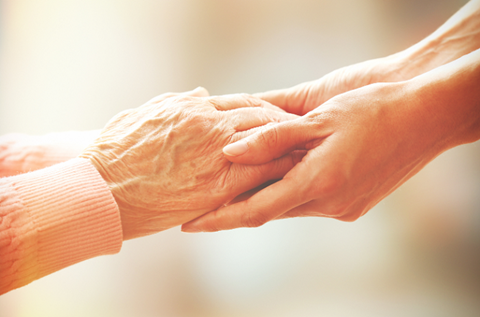
New findings have revealed that one in seven employees are currently balancing their jobs with caring responsibilities, set to rise to one in six by 2040.
Aon's report, The aging population: why it’s time to take notice, identified that an increasing number of staff with caring responsibilities and the rising average life expectancy are creating issues in the workplace, impacting absence, productivity, employee health, diversity and inclusion, and retirement.
The research highlighted that approximately two million people have already reduced their working hours to care for a dependent and 2.6 million have given up working altogether, with more than two-thirds of carers using their own income and savings to cover the cost of care.
Almost half of employees with caring responsibilities describe their situation as stressful, with 20% falling ill themselves. Women in particular are more likely to give up work due to multiple caring duties, with 60% of informal carers in the UK being female.
Mark Witte, principal of health solutions UK at Aon, believes that given the wide-ranging impacts of the aging population, there are a number of ways employers can take action, such as policies, services and benefits that can be formed to create a programme of support.
“In time, an eldercare eco-system could include support for both short- and long-term care, assisting with searches for residential care, facilitating home modifications for adult dependents, flexible working hours, financial wellbeing and helping to promote a healthy life through emotional and physical wellbeing programmes,” he said.
According to Witte, understanding employee data will help employers develop the most relevant response, with action ultimately supporting all aspects of individual wellbeing, as the aim for employers is to create stronger, more resilient staff who are able to cope better with the stresses of modern life.
















